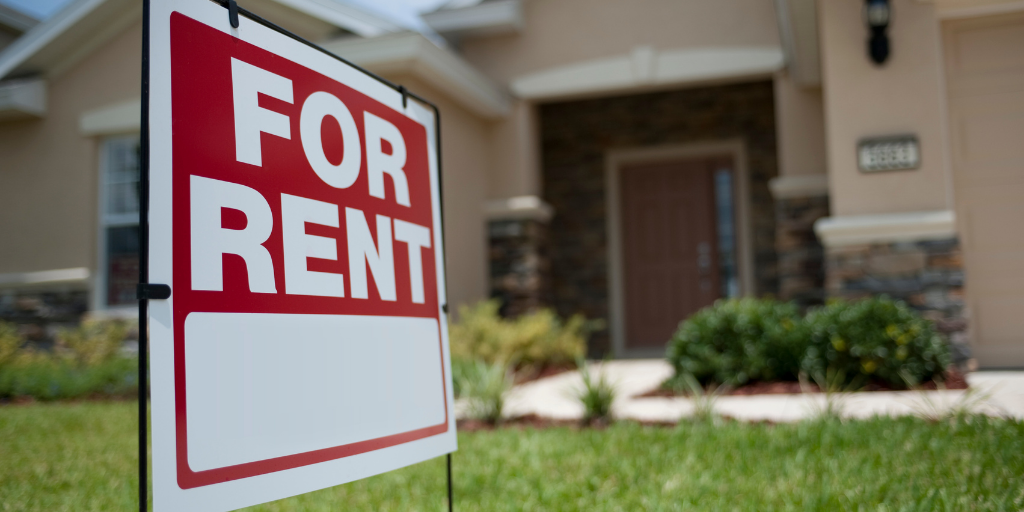One of the first big steps a young adult take is renting a house or apartment. Finding the perfect property, being vetted, and signing the necessary documents can be a lengthy process and it’s always best to do proper research and make sure that all legal boxes are ticked. Working with a suitable property rental agent can make the process a lot easier.
Prospective tenants need to know about The Rental Housing Act, which regulates the relationship between landlords and their tenants. Tenants also have access to the Rental Housing Tribunal if they are mistreated by their landlords.
In this basic guide, we take a closer look at some of the most important aspects tenants need to bear in mind when renting a home in South Africa, and how a property rental agent can make the process easier.
Lease Agreement
It is important that a written agreement is signed between the parties and that it clearly sets out all the terms and conditions, as well as the rights and responsibilities, of the tenant and the landlord. The lease agreement will cover what property will be rented, the rent amount, additional charges, increases, payment dates, the manner of payment, etc. Property rental agencies usually have a standard lease agreement, which can be amended at the request of the landlord and the tenant.
Although the contract will contain standard clauses, it’s a good idea to read the document in detail before signing. The property rental agent can explain anything that is unclear. Also, keep in mind that no lease agreement can include clauses that are above the law.
Rental Deposit
The deposit covers the landlord for the repairs that are necessary to fix damage to the property when the tenant moves out. Repair costs are then deducted from the deposit and the balance is paid back to the tenant within 14 days of repair. The landlord must provide proof of the cost of repairs. If the tenant doesn’t attend the outgoing inspection, the balance only must be paid back within 21 days.
The landlord is required to keep the deposit in an interest-bearing account for the duration of the lease. When the agreement comes to an end, and the tenant hasn’t caused any damage, the landlord must pay back the deposit (in full, with the accrued interest) within 7 days of the lease agreement ending.
Incoming and outgoing inspection
In addition to being a legal requirement, it is good practice to create a record of any previous damage to the property when moving in, and a record of new defects when moving out.
The inspections must be done by both the landlord and the tenant. If the tenant doesn’t show up for either inspection appointment, he or she can’t challenge the repair costs that will be deducted from the deposit when moving out. If the landlord is a no-show, he or she can’t claim repairs and deduct the cost from the deposit. There needs to be a document to record all flaws using a checklist and by taking pictures. The document must be signed by the landlord and the tenant. The property rental agent can act on behalf of the landlord if the property is being managed by an agency.
Property maintenance
It is necessary to know who is liable when it comes to maintenance and repairs. The landlord must make sure that it is secure and habitable. Unless otherwise agreed with the tenant, if a tenant tells the landlord that maintenance repairs are required, repairs must be carried out within 14 days of being requested.
The landlord is responsible for equal wear and tear as well as maintaining structural fixtures and fittings as a rule of thumb, such as repairing roof leaks, replacing a geyser, or fixing plumbing and electrical issues.
The tenant, on the other hand, is responsible for keeping the property clean, tidy, and safe and must reasonably use electric and plumbing systems. The tenant is usually responsible for normal wear and tear and will need to replace light globes, taps, locks, handles, broken windows, and maintain the garden unless otherwise agreed between the parties. The tenant is also responsible to keep the oven and stove in good working order.
Use the Rental Housing Tribunal to Resolve Disputes
If a dispute arises, the tenant must first put the complaint in writing. If the landlord ignores the complaint or doesn’t resolve the issue to the tenant’s satisfaction, the tenant can approach the Rental Housing Tribunal. The Tribunal resolves complaints through processes such as mediation and arbitration; and offers advice on issues related to residential leases and rentals. Not only does the Tribunal have the power to summon both the tenant and landlord to a hearing, but its rulings also have the same effect as that made by a Magistrates Court.
If you’re in the process of looking for a rental property, why not visit our website to see which properties we have available? You can also join our Facebook group Fitzanne Estates Property Sales & Rentals Gauteng.
Are you a landlord looking for a quality tenant? We offer letting services over the whole of Gauteng and will find the perfect tenant for your property to let. Visit our website to find out more about the all-inclusive package of services for your convenience of mind.
Read more:
The ABCs of the Rental Housing Act & Rental Housing Tribunal for SA landlords
Prioritising Female Leadership in Property
Buying a house: What do I qualify for?
END
Media contact: Cathlen Fourie, +27 82 222 9198, marketing@fitzanne.co.za https://www.fitzanne.co.za/
More about Fitzanne Estates
Fitzanne Estates (Pty) Ltd is a Property Management Company that can sufficiently administer your property investment to the benefit of the Landlord, the Body Corporate, and the NPC – Non-Profit Company. Services include Letting, Sectional Title Management, Full Title Management (NPC – Non-Profit Company) and Sales.
Website: https://www.fitzanne.co.za/
LinkedIn: Fitzanne Estates
Twitter: @FitzanneEstates
Facebook: @fitzanne.estates
Instagram: @fitzanneestates
YouTube: Fitzanne Estates
Podcast: Fitzanne’s Property Exchange





